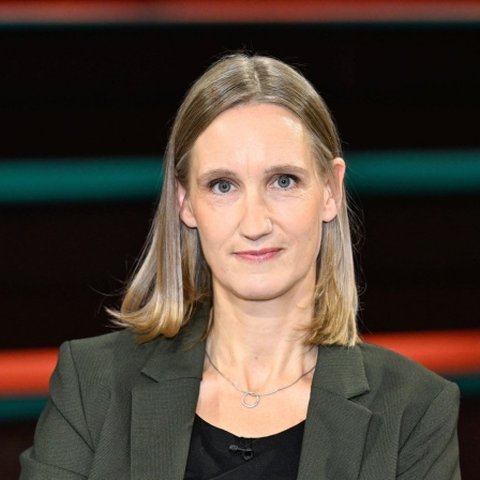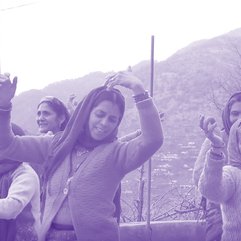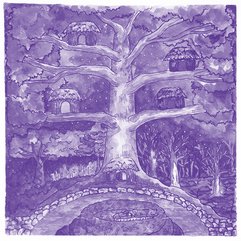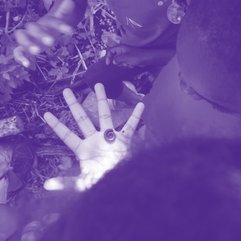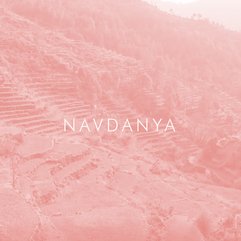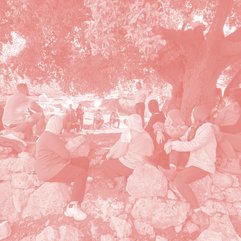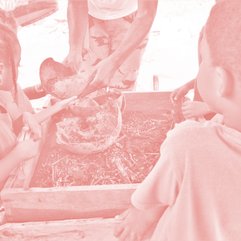Zeit zu Reden: One State for All or Two States Side by Side?
On (Im)possible Solution Scenarios for Israel and Palestine
19.00-22.00
Save the Date
for adults
in German

Twenty months after the Hamas attack on October 7, 2023, a just order for the people in Palestine and Israel seems unimaginable. As Palestinians struggle for mere survival amid devastating Israeli military operations in Gaza, few dare to speak of political solutions to the territorial conflict. Yet a discussion about the future of the area between the Jordan River and the Mediterranean is more urgent than ever.
For decades, international actors have maintained a rhetorical commitment to the two-state solution, despite a growing one-state reality on the ground: one that entails violent occupation, displacement, an apartheid regime, and ethnic cleansing for Palestinians. Meanwhile, radical forces in Israel are leveraging their political and social influence to implement their vision of a nationalist-religious Greater Israel. This raises questions about Israel’s future as a liberal democracy, while the Palestinian people are denied not only the right to a sovereign state but also their basic right to exist.
Despite international solidarity, concrete political visions remain absent. Hundreds of thousands chant “Palestine will be free,” but what does that mean? A sovereign Palestinian state in the West Bank, Gaza, and East Jerusalem? Or equal rights for all in the territory from the Jordan river to the Mediterranean sea? What would these options mean for both Israelis and Palestinians?
Can two states ensure self-determination for Palestinians while preserving Israel’s identity as the “homeland of the Jewish people”? What would become of the more than 800,000 settlers who currently live on occupied Palestinian land? Wouldn't a democratic state that makes no distinction between Jewish, Christian and Muslim citizens be the better, democratic answer for a region that is home to three world religions? But how could the security of two peoples, each of whom sees the other as an existential threat, be ensured in a shared state? Could a confederation offer an alternative, and what might that look like?
The willingness to coexist - or even live together - seems nearly absent on the ground, as hatred, fear, and mistrust run deep. Are there political voices that can wake up Israelis and unite Palestinians? And what role could the international community - especially Germany - play in this?
Of course, questions of Palestinian and Israeli self-determination must be decided and negotiated by the people themselves. Through our debate, where four experts will discuss possible scenarios and concrete steps toward solutions, we aim to rationalize and make this issue discussable in Germany.
This event is supported by the Mercator Foundation.
Mit Diskussionsteilnehmer*innen: Inge Günther, Yossi Bartal, René Wildangel, Fuad Hamdan und Moderatorin Kristin Helberg.







